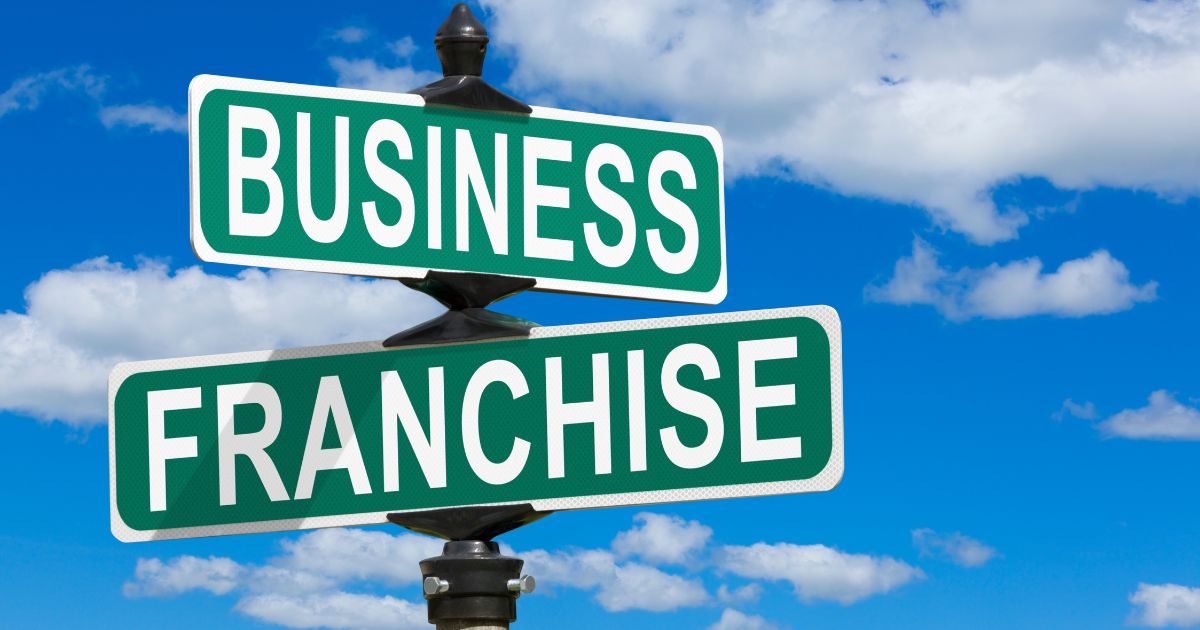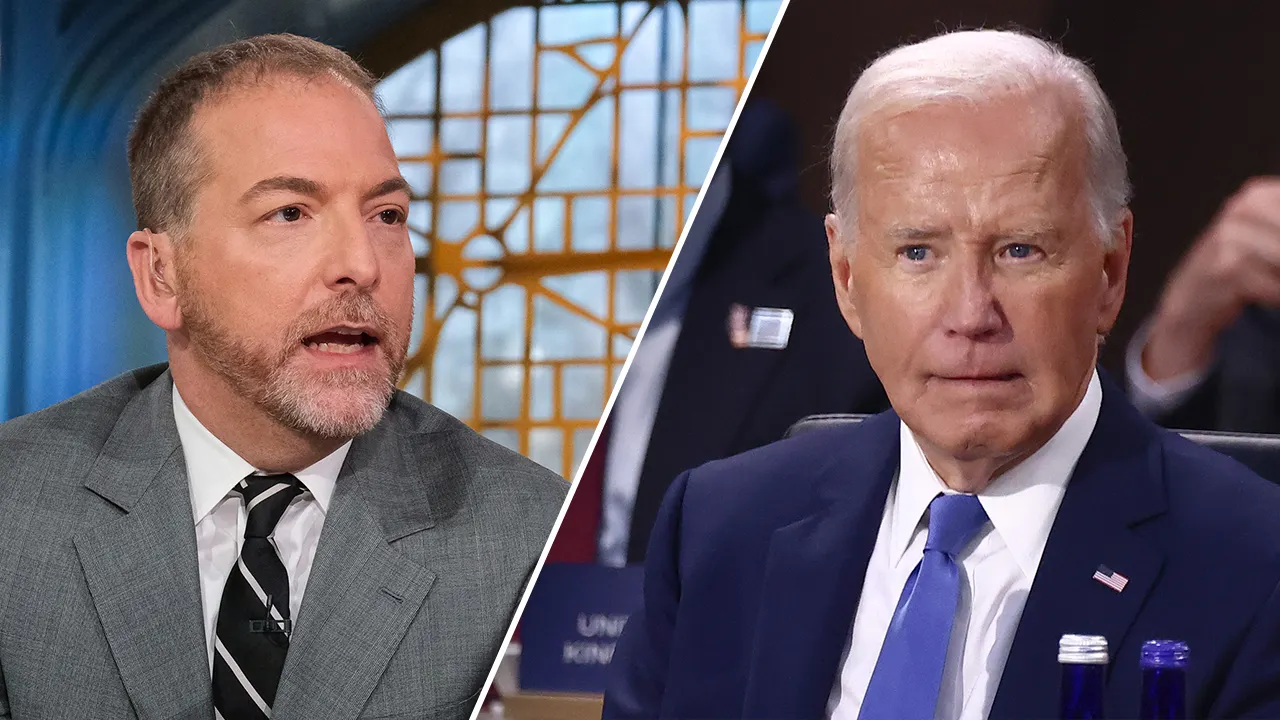As a South African business owner, your contribution to the economy is very significant. Because of this contribution, there needs to be a representative body that will ensure businesses are considered in big decisions. The representative body for businesses in South Africa is the Business Unity South Africa (BUSA).
BUSA is the first unified organisation for businesses in South Africa. The group was formed in October 2003 and began operating in January 2004. The organisation is led by CEO Cas Coovadia.
BUSA is the principal representative body of all businesses in South Africa, meaning that they are a small group of people who concern themselves with the interests of all businesses in the country. It represents the views of its members in various national structures and bodies, both statutory and non-statutory.
Additionally, the organisation is the representative of Business in the National Economic Development and Labour Council (NEDLAC).
As a business owner, it’s important to understand how the BUSA can help you navigate the constantly changing business environment.
In this article, we look at BUSA, how it works and how it helps businesses in South Africa.
How Does BUSA Work?
BUSA structures its work through its three policy committees. Each committee has a specific focus on transformation and small businesses. Each of the policy committees has a subcommittee relating to a specific industry or field. The committees and their subcommittees are as follows:
Energy and Environment Standing Committee:
- Subcommittee on Energy.
- Subcommittee on Environment.
- Subcommittee on Climate change.
- Subcommittee on water.
- Subcommittee on waste.
- Subcommittee on just transition.
- Subcommittee on gas.
- Subcommittee on biodiversity.
Social Policy Standing Committee:
- Subcommittee on education and training.
- Subcommittee on labour market.
- Subcommittee on health and safety at work.
- Subcommittee on the future of work.
- Subcommittee on comprehensive social security.
- Subcommittee on the National Health Insurance.
Economic and Trade Policy Standing Committee:
- Subcommittee on tax.
- Subcommittee on transport, trade and logistics.
- Subcommittee on economic and commercial matters.
- Subcommittee on infrastructure with a focus on water, technology and transport.
- Subcommittee on trade.
- Subcommittee on competition policy.
- Subcommittee on company law.
Through these committees, BUSA seeks to:
- Keep its members updated on the latest developments.
- Consolidate the input on various policy development processes.
- Identify where more work is required.
- Mandate and finalise positions.
- Nominate and coordinate the participation of BUSA member representatives on a range of structures and processes.
What are the strategic objectives of BUSA?
BUSA has set out 10 strategic objectives. These objectives are set in place to enable an environment for inclusive growth and employment in South Africa. The objectives are as follows:
- Transformed, inclusive economy that creates sustainable employment.
- Small and medium enterprises thriving.
- Predictable, certain and enabling regulatory environment.
- Affordable, reliable and sustainable energy infrastructure to meet current and future needs.
- A productive and stable labour market.
- Sustainable macroeconomic policy that enhances equity and economic growth.
- A trade regime and international cooperation that enables local businesses.
- Education and skills development for current and future work.
- An affordable comprehensive social security framework for future generations.
- A just transition towards low carbon, climate resilient and ecologically sustainable economies and societies.
These objectives align with BUSA’s mission. The organisation’s goal is to help businesses contribute to creating a fair economy that supports growth, development, and transformation.
BUSA Membership
BUSA consists of approximately 48 members. These members represent the single sector; corporate representative organisations; chamber of commerce and industry; professional organisations, Bi-National Chambers of Commerce and industry and associate members. Additionally, there are 16 direct corporate members constituting a Board of Trustees.
BUSA Membership Categories and Eligibility
The organisation has six membership categories. These include:
Category A – Single sector.
Category B – Corporate organisations (NOTE: other than existing Board of Trustee members, BUSA does not accept direct company membership in terms of its founding documents)
Category C – Chambers of Commerce and Industry.
Category D – Professionals Business Organisations.
Category E – Bi-national Chambers of commerce and industry.
Category F – Associate members (Associate members have the same rights and obligations as any other member. Apart from the right to vote at a member’s meeting).
Benefits of a BUSA Membership
By participating in the BUSA, you receive:
- Influence through the apex business body in South Africa.
- Information regarding emerging policy development, economic and social environment.
- A platform for networking with business organisations, government, labour and other key social sectors.
- Being part of the business voice.
- Collaboration on cross-cutting interests within the private sector.
BUSA Membership Fees
The BUSA membership fees for potential members are calculated based on up to a maximum of 5% of each member’s annual membership revenue. The member shall pay a minimum membership fee of no less than R 94 989,89 (excluding VAT) in 2024.
Associate members pay a fee of R 90 000 (excluding VAT) in 2024.
To apply to be part of the BUSA, complete the online application form and send the relevant information to Zelda.setladi@busa.org.za. You can also contact BUSA on 011 784 8000.
NOTE: Once submitted, your application will be submitted to the board for consideration. The whole process should take less than 3 weeks.
If you are looking for more insight into business planning, read the article about Succession Planning and Why It’s Important to SMEs.




















Discussion about this post